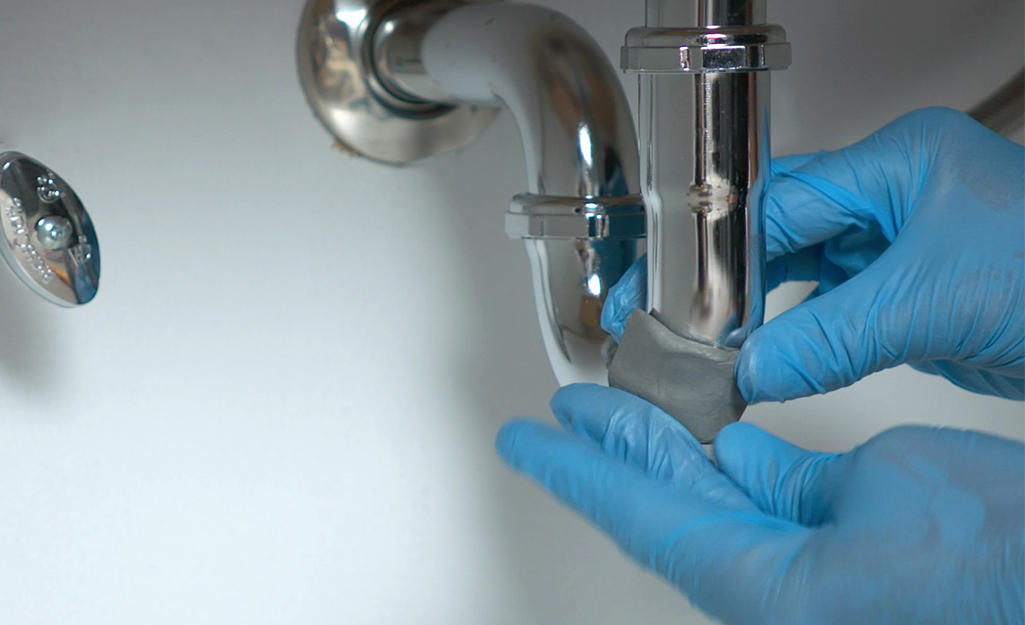Protecting Smart Home Devices

Having a smart home is becoming more affordable every year, and using automated devices is so convenient! However, many homeowners simply plug everything in and connect it to the home network, but this can be a mistake. Security should be a priority when buying anything for a smart home. Keep your smart devices secure with these tips:
-
- Expert Michael Horowitz suggests purchasing your modem/wireless router instead of leasing it from your internet provider. Ownership of the equipment allows more freedom to change settings and passwords and update the firmware.
-
- If leased equipment is already in place, use the router’s IP address, (most are found on a label on the router itself), and change the name of the router, the wifi connection, and create new passwords for both.
-
- Two- or multi-factor authentication is the next important step. Use a password keeper to create strong passwords and keep those passwords safe but accessible to you.
-
- Setting up a home network on your own can be intimidating, so hire a pro or ask a friend who has the know-how to help you. Having a home network will keep your “internet of things” connected separately, thus, less vulnerable to hacking or spying. Another benefit is if one device becomes infected with a virus, home computers and other devices that us a different network will not “catch” anything and remain safe from irreparable damage.
-
- Changing the router’s firewall settings is one way to add security from hacking, but purchasing a separate firewall is almost like having a double wall between your home’s network security and the bad guys!
-
- Privacy is a must: configure all “listening” devices to limit the data they record and share.
-
- Enable automatic updates on all devices during setup. If that is not an option, set a reminder to check for firmware updates at least once per week.
Finally, when you upgrade to any new devices, reset the setting of the old ones to factory default. Thus, if you sell or give away any of those items, your custom settings are not available to the new owners. You hold the keys to the security of your home’s smart devices and going through the process of good security setup may take some time, but the effort is worth it!
Courtesy of New Castle County DE Realtors Tucker Robbins and Carol Arnott Robbins.
Photo credit: www.kaspersky.com


.jpg)




.jpg)






